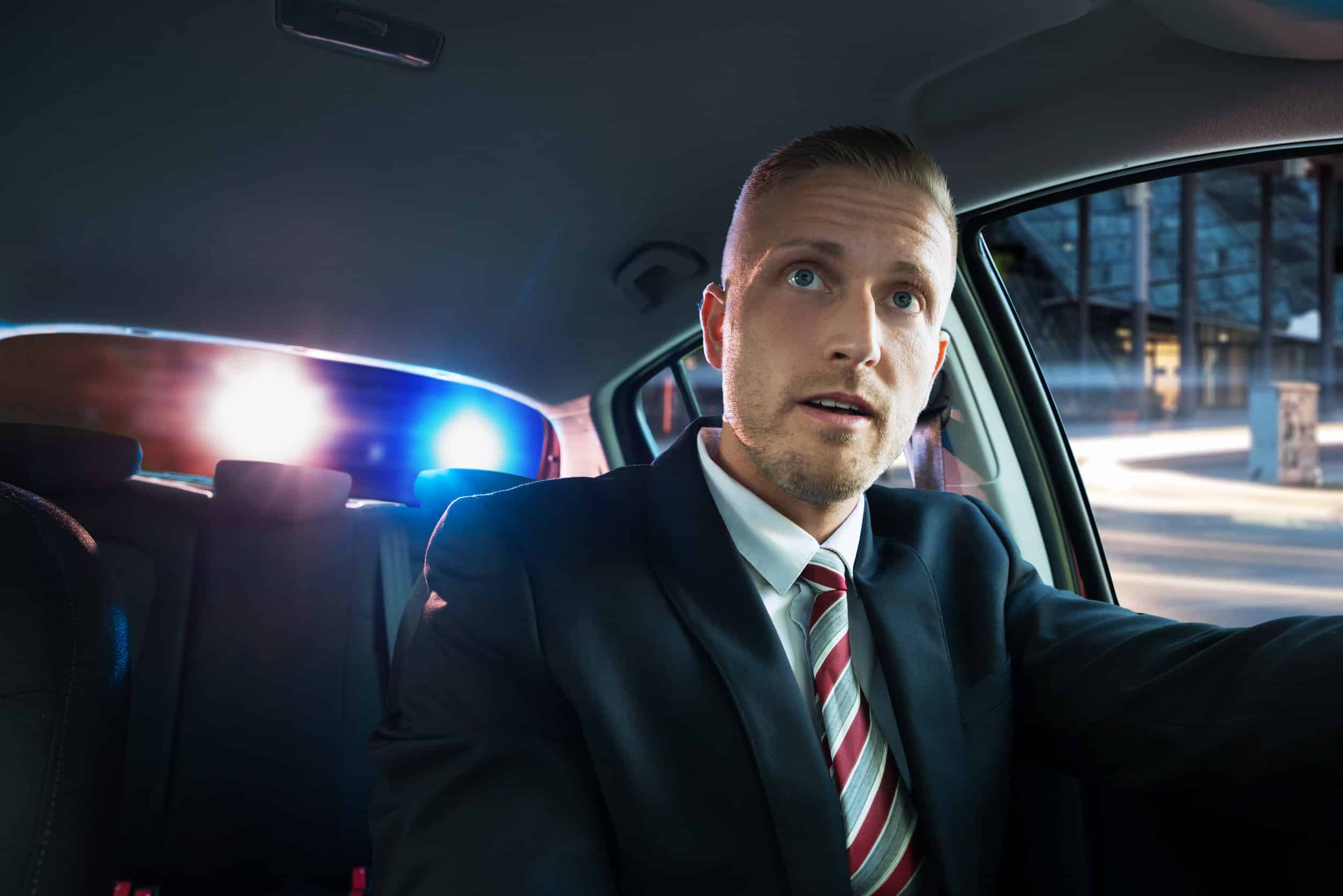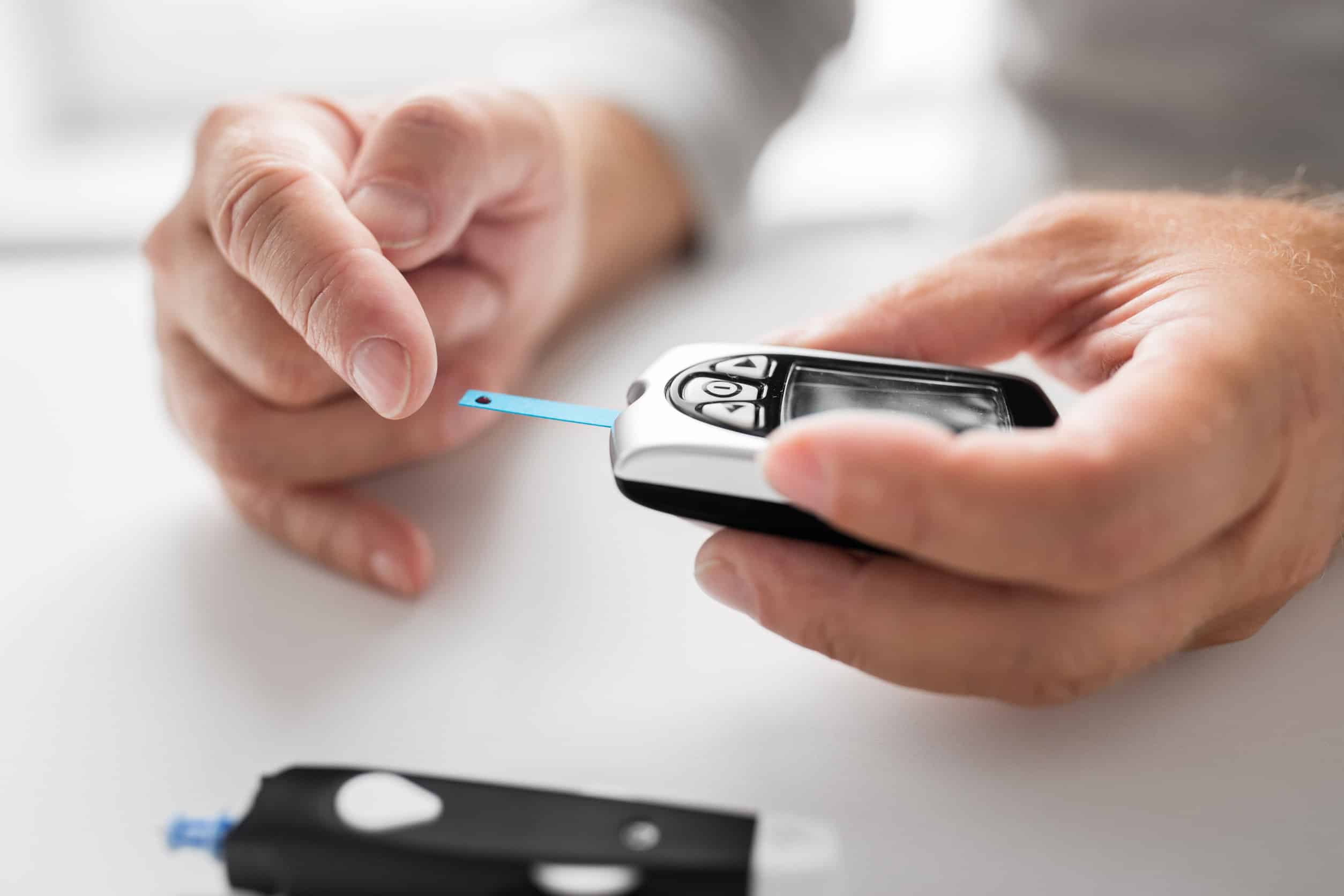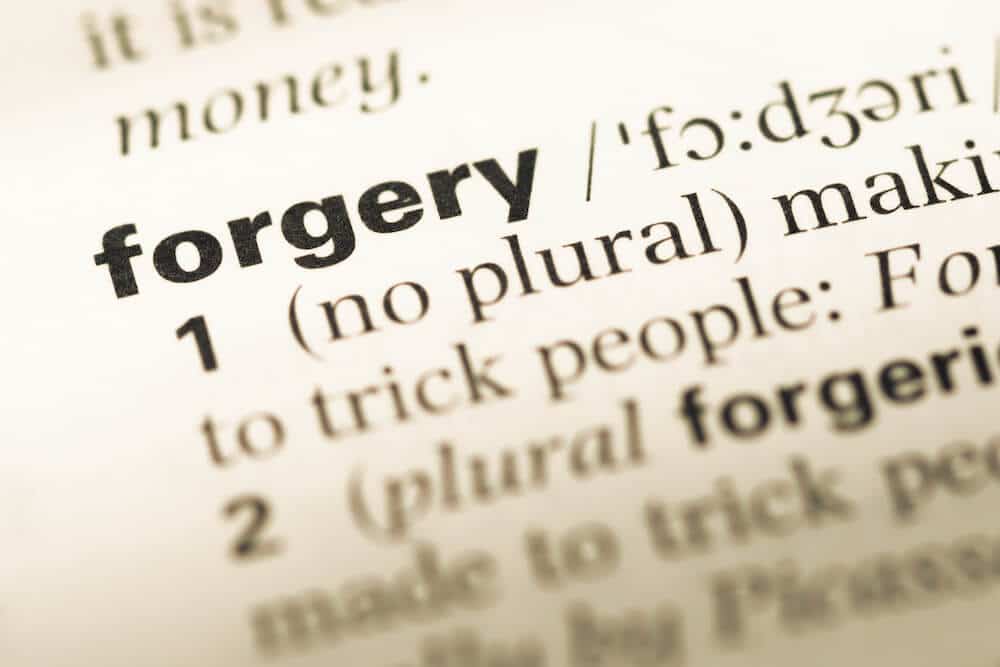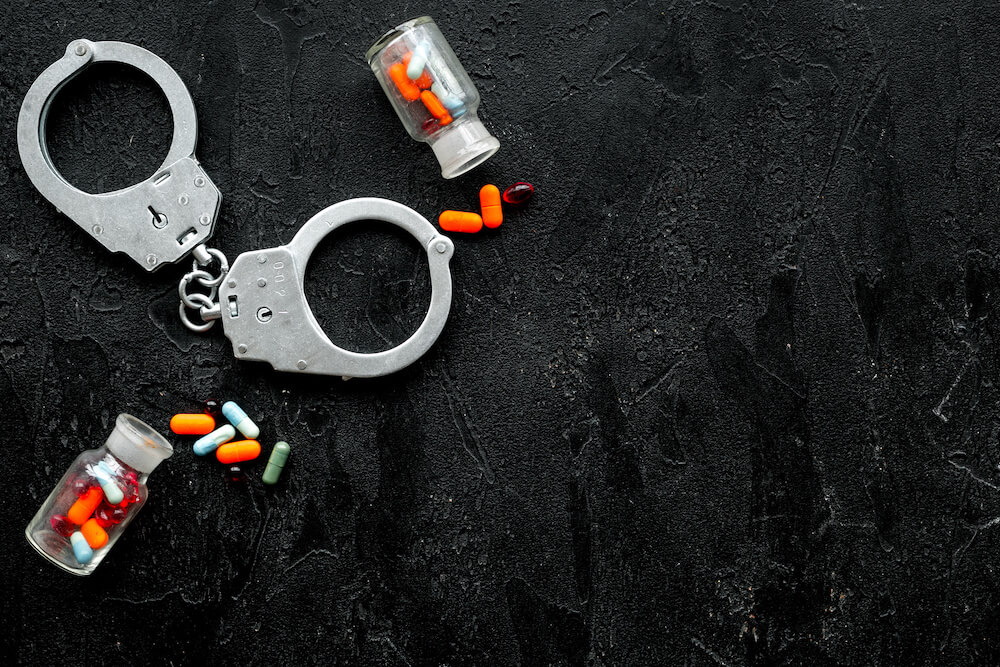- Home
- THE FIRM+
- Criminal Defense+
- CASE RESULTS
- AREAS WE SERVE+
- FAQ’s
- Blog
- Contact
AZHARI LLC BLOG
Apr. 27 2022
Driving While Diabetic: Is it a DUI?

Posted By: Sami Azhari
Category:
People with medical conditions and disabilities face a lot of challenges – and if you’re diabetic, then a charge for a DUI may be one of them.
Diabetics can suffer from bouts with low blood sugar, called hypoglycemia, that can mimic symptoms of intoxication. Additionally, they can experience ketosis, which can fool a DUI breathalyzer test, causing them to test positive for alcohol when they do not have any in their system.
If you’re diabetic and unfairly charged with a DUI, what can you do? Read on to find out.
DUI Laws in Illinois
Under Illinois state law, no one over the age of 21 can operate a motor vehicle with a blood-alcohol level of 0.08 or higher. Doing so means that you are legally drunk and therefore breaking the law. If a driver is under 21, any amount of alcohol on a breath or blood test will result in charges for driving under the influence (DUI).
If a police officer suspects you of driving under the influence, then you cannot refuse a chemical test in the state. There is an implied consent law in Illinois that basically says: Anyone who operates a motor vehicle has given their implied consent for chemical testing. This can include breath tests as well as blood and urine tests. If you refuse a chemical test, then your driver’s license will immediately be revoked.
If you are convicted of a DUI in Illinois, then you face possible prison time, fines, community service, and the revocation of your driver’s license.
How Does Diabetic Hypoglycemia lead to DUI Charges?
It’s an unfortunate truth that DUI charges and diabetes are linked. One of the reasons for this is something that diabetics can suffer from, a condition called hypoglycemia.
Anyone with Type 1 or Type 2 diabetes can experience low blood sugar if they skip a meal, do too much exercise, or take too much insulin. When this occurs, a person can experience symptoms – symptoms that happen to mimic intoxication if an officer pulls them over, such as:
- Sweating
- Slurred speech
- Shakiness
- Jerky or clumsy movements
- Nervousness or anxiety
- Confusion
- Drowsiness
These symptoms may seem a lot like those of someone who has had too much to drink and gotten behind the wheel of a car. So, it’s a common occurrence for a diabetic to get pulled over and be arrested for a DUI when they’re experiencing hypoglycemia.
Ketosis and Breath Tests
You may be wondering how breath tests factor into all this. Surely they would prove a diabetic is not intoxicated and therefore get them off the hook for a DUI, right? Well, not all the time.
Ketosis is a condition common in people who don’t have enough insulin or who do not use their insulin properly. If your body doesn’t have insulin, then it cannot use the glucose that burns carbohydrates into fuel for the body to use. Instead, it will begin to burn fat, producing something in the liver called ketones.
The ketones can linger on the breath or in the urine, and too many ketones can cause sluggishness, a flushed face, vomiting or nausea, confusion, and breath that smells sweet or fruity – which can be mistaken for alcohol on the breath. This can fool a DUI breath test or even a police officer who smells the breath of the person.
If you’ve been charged with a DUI but are innocent due to diabetes, consult with an attorney as soon as possible.
About the Author
Sami Azhari has been working as a lawyer since 2007, after receiving his Juris Doctor from the Michigan State University College of Law. He has handled numerous state and federal cases, and is known throughout the Chicago and Rolling Meadows area for providing his clients with high-quality, skilled representation. He has been recognized by Avvo (2013 and 2018), SuperLawyers (2015-2020), The National Trial Lawyers, and other notable organizations, and has spoken at a number of legal conferences.


























































